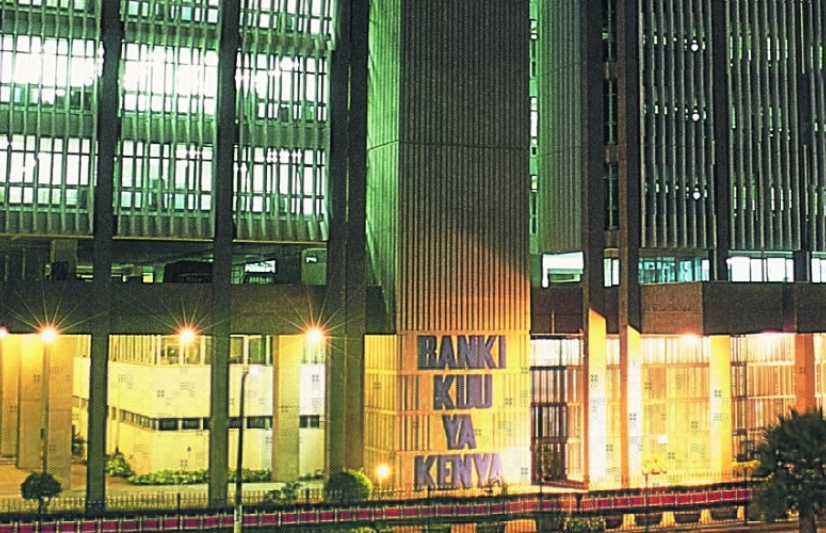Study: Small and medium enterprises lenders stare at bad loans

Lewis Njoka @LewisNjoka
Banks that lend to small and medium enterprises (SMEs) are at the highest risk of being negatively impacted by Covid-19 pandemic, a new study shows.
Moody’s Investor Service, an American rating agency, says in a report that despite the fiscal and monetary measures announced by Central Bank of Kenya (CBK) recently, it expects SMEs to be the most hit by the pandemic’s effect on the economy.
The agency said Equity Bank runs the highest risk with 59 per cent of its total loans given out to SMEs last year, with Co-operative Bank in second at 6 per cent followed by KCB at four per cent.
Liquid assets
Luckily, the report adds, Equity Bank has stronger profitability buffers and higher liquid assets than Co-op Bank and KCB which will help mitigate asset-quality pressure, according to the report.
“Despite the various support and liquidity measures to be implemented, we expect small and mid-size enterprises to bear the brunt of the economic disruption,” says the report.
All the three banks have a credit rating of B2 stable and B2, from Moody’s. The report featured only rated banks in the country.
Getting rated is an indication of a bank’s relative financial health as it involves opening up the company’s books and processes for rigorous scrutiny by a rating agency.
At the same time, the company threw its weight behind the monetary and fiscal policy measures announced by CBK, saying they would soften the adverse impact of the economic disruptions on banks’ asset quality and liquidity.
The monetary measures included reducing Central Bank Rate (CBR) to 7.25 per cent, reducing the Cash Reserve Ratio (CRR) to 4.25 per cent, and extending the tenor on repurchase agreements (repos) to 91days from 28 days currently.
“The CRR reduction to 4.25 per cent will release Sh35.2 billion of liquidity (one per cent of system gross loans) enabling banks to extend new lending or reschedule existing facilities to affected borrowers, a condition for banks to access these funds,” the report said.












